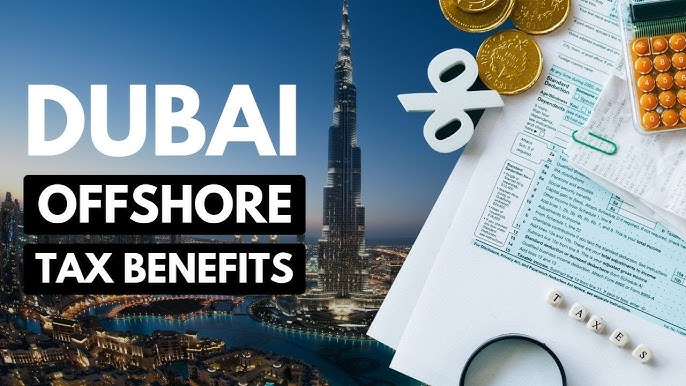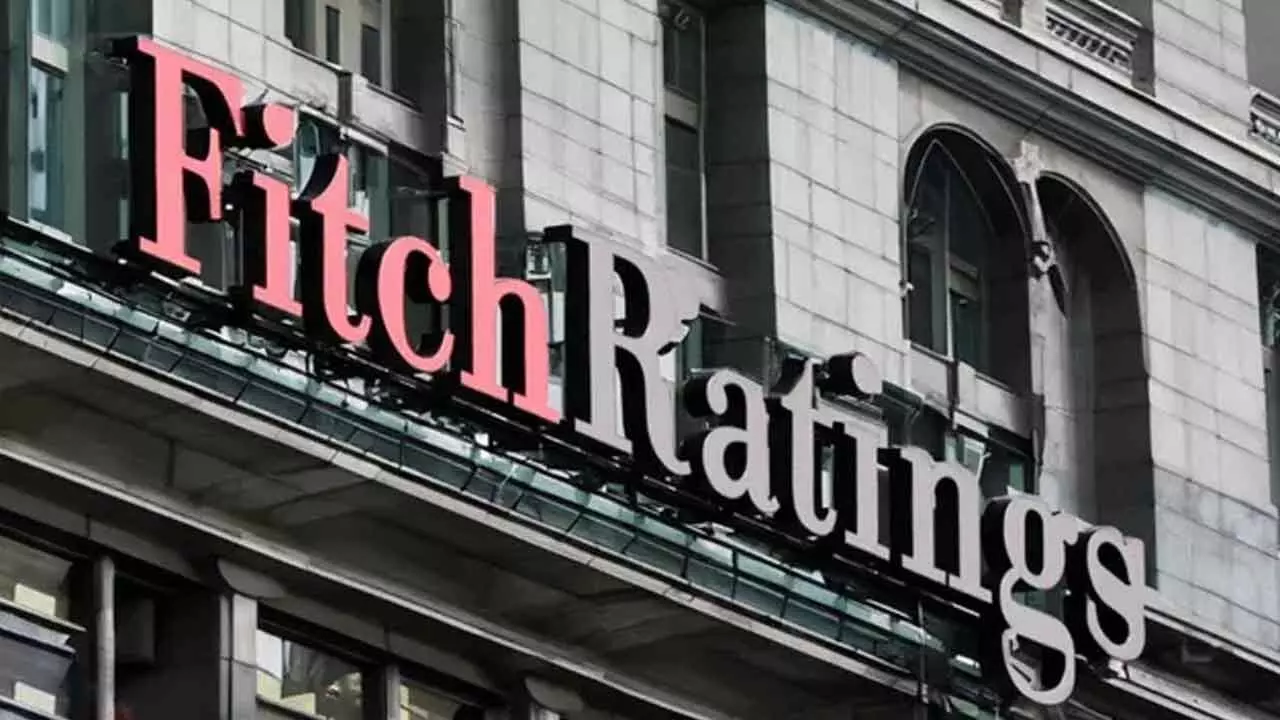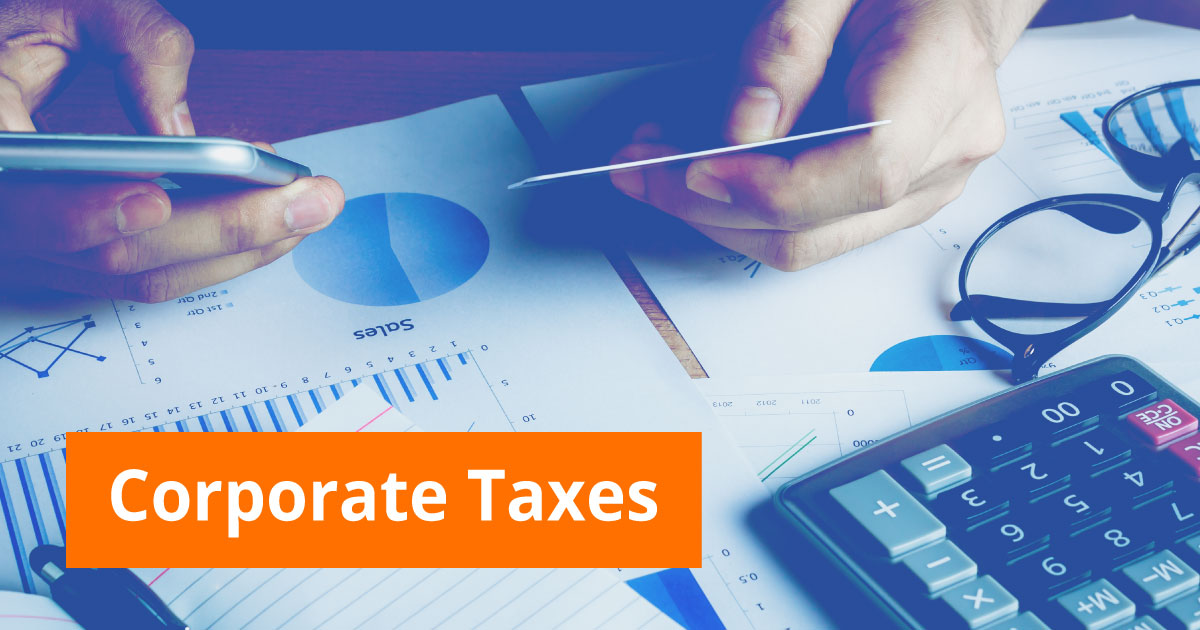Now Reading: Dubai Real Estate: 10 Pro Tax Benefits from UAE Corporate Changes
-
01
Dubai Real Estate: 10 Pro Tax Benefits from UAE Corporate Changes
Dubai Real Estate: 10 Pro Tax Benefits from UAE Corporate Changes

Table of Contents
Tax Benefits from UAE Corporate Changes: Dubai’s real estate market remains a magnet for U.S. investors, offering 6-8% rental yields and tax-free capital gains, even amidst a 15% price decline forecast by Fitch for H2 2025. The UAE’s corporate tax regime, introduced in June 2023 under Federal Decree-Law No. 47, along with amendments like the Domestic Minimum Top-Up Tax (DMTT) effective January 2025, has reshaped the investment landscape.
These changes, aligned with OECD’s global tax standards, provide significant tax advantages for real estate investors, particularly in Dubai’s freehold zones. This guide, written in clear, SEO-friendly language with an engaging tone, outlines 10 professional tax benefits stemming from UAE corporate changes, tailored for U.S. expats, with data-driven insights, legal considerations, and a critical analysis of risks.
10 Pro Tax Benefits from UAE Corporate Changes

1. Zero Corporate Tax for Qualifying Free Zone Persons (QFZPs)
Companies registered in Dubai’s free zones, like Jumeirah Lakes Towers (JLT) or Dubai Multi Commodities Centre (DMCC), can qualify as QFZPs, enjoying a 0% corporate tax rate on qualifying income, such as rental income from commercial properties, per PwC.
- Benefit: No tax on rental profits from commercial real estate in free zones, boosting net returns.
- Investor Strategy: Set up a free zone company to hold properties in JLT, ensuring compliance with QFZP conditions (e.g., adequate substance, no mainland transactions).
- Example: A DMCC company earning AED 500,000 in commercial rent annually pays 0% tax, saving AED 45,000 (at 9% mainland rate).
2. Small Business Relief for Low-Revenue Entities
Businesses with annual revenues below AED 3 million (USD 816,771) qualify for Small Business Relief until December 31, 2026, treating their income as non-taxable at 0%, per Reed Smith.
- Benefit: Small real estate firms or individual investors with modest rental income avoid corporate tax, enhancing cash flow.
- Investor Strategy: Structure investments through a UAE entity with revenue under AED 3 million, ideal for secondary market properties in JVC (from AED 600,000).
- Example: A JVC apartment yielding AED 68,000 annually incurs no tax, saving AED 6,120 (9% rate), increasing net yield by 0.6%.
3. No Corporate Tax on Residential Rental Income

Rental income from residential properties held by companies is exempt from corporate tax, as it’s considered non-commercial, per Lexology.
- Benefit: Tax-free rental income from residential investments maximizes returns for U.S. investors.
- Investor Strategy: Invest in residential units in Dubai Marina (from AED 1.2 million) for 6.8% yields without corporate tax liability.
- Example: A AED 1.8 million Marina Shores unit generating AED 122,400 annually incurs no UAE tax, preserving full rental income.
4. No Capital Gains Tax for Companies

The UAE corporate tax law treats capital gains from property sales as part of taxable income but applies a 0% rate for QFZPs or exempt entities, with no separate capital gains tax, per PwC.
- Benefit: Tax-free gains on property sales in free zones enhance long-term profitability.
- Investor Strategy: Hold properties via a QFZP in DMCC for tax-free sales, targeting high-appreciation areas like Dubai Hills.
- Example: Selling a AED 1.5 million Dubai Hills unit for AED 1.8 million yields AED 300,000 tax-free, compared to U.S. capital gains tax of up to 20% (USD 16,340).
5. Exemption for Domestic Dividends
Dividends and profit distributions from UAE tax-resident real estate companies are exempt from corporate tax, avoiding double taxation, per PwC.
- Benefit: Investors receiving dividends from property-holding companies face no UAE tax, increasing net returns.
- Investor Strategy: Structure investments through a UAE holding company in DIFC to distribute rental profits tax-free.
- Example: A DIFC company distributing AED 200,000 in dividends from rental income incurs no tax, saving AED 18,000 (9% rate).
6. Foreign Tax Credit for U.S. Investors
U.S. expats paying UAE corporate tax (e.g., 9% on non-qualifying income) can claim dollar-for-dollar Foreign Tax Credits (FTC) against U.S. tax liabilities, up to the amount due, per Bright!Tax.
- Benefit: Offsets U.S. tax on UAE-sourced income, reducing double taxation.
- Investor Strategy: Report UAE corporate tax paid on commercial properties to the IRS via Form 1116, maximizing FTC benefits.
- Example: A AED 100,000 commercial rent taxed at 9% (AED 9,000) generates a USD 2,450 FTC, offsetting U.S. tax on the same income.
7. De Minimis Rule for QFZPs
QFZPs can earn non-qualifying income (e.g., mainland transactions) up to 5% of total revenue or AED 5 million, whichever is lower, without losing their 0% tax status, per PwC.
- Benefit: Flexibility to diversify income streams while retaining tax benefits.
- Investor Strategy: Use a QFZP to hold free zone properties, with minor mainland rentals (e.g., JVC) staying within de minimis limits.
- Example: A QFZP with AED 10 million in qualifying income can earn AED 500,000 in mainland rent tax-free, saving AED 45,000.
8. Tax-Free REIT Distributions
Real Estate Investment Trusts (REITs) distributing at least 80% of net income are exempt from corporate tax, making them attractive for passive investors, per Driven Properties.
- Benefit: Tax-free dividends from REITs like Emirates REIT provide steady income without corporate tax.
- Investor Strategy: Invest in Sharia-compliant REITs on NASDAQ Dubai for 5-7% dividend yields, ideal for low-capital investors.
- Example: A AED 500,000 investment in Emirates REIT yields AED 30,000 annually tax-free, compared to U.S. dividend tax of up to 37%.
9. No Corporate Tax on Qualifying IP Income
Income from qualifying intellectual property (IP) held by QFZPs, such as branded residences, is taxed at 0%, per PwC.
- Benefit: Tax-free income from IP-related real estate, like branded apartments, enhances returns.
- Investor Strategy: Invest in branded residences like Address Residences (from AED 1.5 million) via a QFZP for tax-free IP income.
- Example: A QFZP earning AED 100,000 from IP licensing in a branded residence pays 0% tax, saving AED 9,000.
10. Temporary Tax Relief for Small Businesses
Until December 31, 2026, small businesses with revenues below AED 3 million can elect for simplified tax reporting, reducing compliance costs, per PwC.
- Benefit: Lower administrative burden for small real estate investors, freeing capital for reinvestment.
- Investor Strategy: Use a UAE entity for low-revenue investments (e.g., JVC apartments) to streamline tax filings.
- Example: A AED 600,000 JVC unit yielding AED 40,800 annually incurs no tax and minimal reporting costs, saving AED 5,000 in compliance fees.
Legal Considerations for U.S. Expats
- Freehold Ownership: U.S. investors can own properties in Dubai’s freehold zones (e.g., Dubai Marina, JVC), with title deeds from DLD.
- Golden Visa: Properties worth AED 2 million qualify for a 10-year visa, achievable in Dubai Hills or Palm Jumeirah.
- Tax Framework:
- UAE: No personal income, capital gains, or residential rental taxes. Commercial properties incur 5% VAT, recoverable for businesses.
- U.S.: Report worldwide income under FATCA. Rental income taxed at 10-37%, capital gains at 0-20%. Use FTC or Foreign Earned Income Exclusion (FEIE, USD 130,000 in 2025) to offset taxes.
- Transaction Fees: 4% DLD transfer fee (split between buyer and seller), 2% agency fee, AED 540-4,200 registration fees.
- Corporate Compliance: QFZPs must maintain substance (e.g., office, staff) and file annual tax returns within nine months, per FTA.
Risks and Mitigation
- Oversupply: 210,000–250,000 units by 2026 may deepen the 15% price decline. Focus on prime areas like Dubai Marina for resilience.
- QFZP Compliance: Failure to meet QFZP conditions (e.g., mainland transactions) triggers 9% tax. Engage RERA-licensed advisors via Haus & Haus.
- U.S. Tax Complexity: IRS reporting via Forms 8858 and 1116 is complex. Use tax professionals to avoid penalties.
- Policy Changes: UAE tax laws may evolve, impacting QFZP benefits. Monitor updates via FTA.
- Global Volatility: U.S. interest rates (4.75-5%) may curb investment. Dubai’s tourism (17.15 million visitors in 2024) mitigates demand risks.
Step-by-Step Guide for U.S. Investors
- Research Tax Benefits: Study QFZP and Small Business Relief via FTA or PwC’s tax summaries.
- Select Properties: Target free zone commercial properties (JLT, from AED 800,000) or residential units (JVC, from AED 600,000) via Property Finder.
- Structure Ownership: Set up a QFZP in DMCC or DIFC for tax-free income, ensuring compliance with substance rules.
- Secure Financing: Use cash, mortgages (50% down for non-residents), or 50% off-plan payment plans.
- Complete Purchase: Pay 4% DLD fee, sign SPA, and register with DLD.
- File U.S. Taxes: Report rental income and claim FTC or FEIE via a tax advisor, using Form 8858 for UAE properties.
Conclusion
The UAE’s corporate tax changes, effective since June 2023, offer U.S. real estate investors in Dubai significant advantages, including 0% tax for QFZPs, Small Business Relief, and exemptions on residential rentals, capital gains, and dividends. These benefits, aligned with OECD standards, enhance 6-10% yields and 10-20% appreciation potential by 2028, despite a forecasted 15% price decline. By structuring investments through free zone entities, leveraging REITs, and using U.S. tax credits, investors can maximize returns. Navigate risks like oversupply and compliance with RERA-licensed advisors and monitor updates. watch more
read more: Tracking the 15% Price Decline Forecast by Fitch for 2025





















